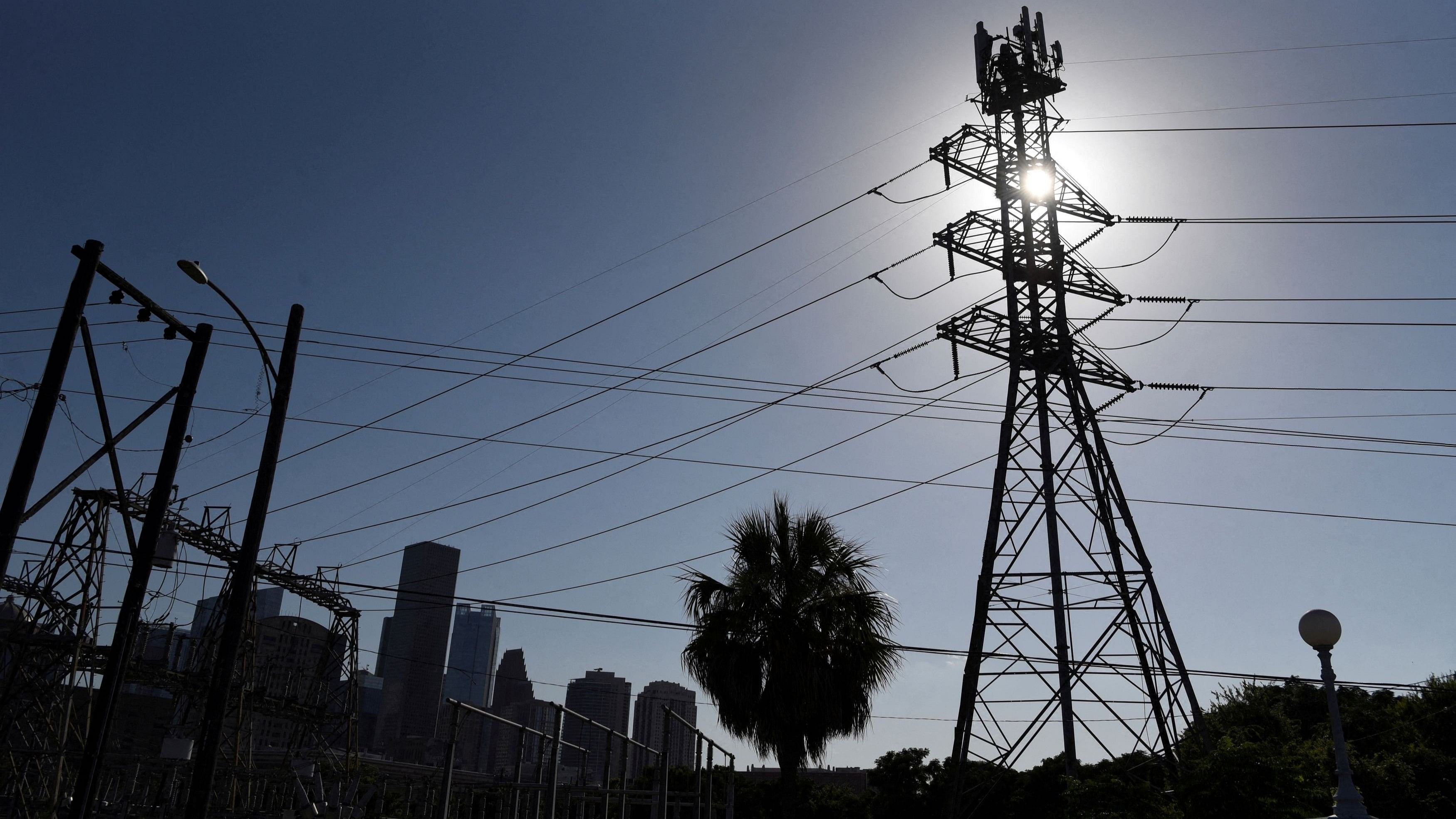
A general view of power lines. Representative image.
Reuters
New Delhi: Operating losses of 30 state power distribution companies (discoms) are likely to decline to Rs 25,000 crore in the current financial year (FY25) from over Rs 30,000 crore recorded annually in the past two fiscal years, supported by lower cost of supply, rating agency CRISIL said on Monday.
The operating losses or the gap between average cost of supply (ACS) and average revenue realised (ARR) per unit of power is likely to decline by 15-20% in the current financial year when compared with the previous year.
However, despite the decline, the discoms will incur a sizable loss of 40-45 paise per unit. It will be only the second instance of the gap narrowing below 50 paise per unit in the past five financial years, CRISIL said.
“The narrowing of the ACS-ARR gap will be primarily due to an expected moderation in ACS from its peak last fiscal, led by a reduction in power cost as domestic power supply improves and cost of generation reduces,” said Ankush Tyagi, Associate Director, CRISIL Ratings.
“It is also supported by slow but steady improvement in ARR and reduction in aggregate technical and commercial losses in the units getting supplied and billed, thereby supporting improvement in revenue for discoms,” Tyagi added.
Ankit Hakhu, Director, CRISIL Ratings, said the operating losses of discoms remain elevated due to slow increase in selling price or average revenue realisation.
“Though efforts have been made to reduce the ACS-ARR gap, the tariff hike trajectory has historically been slow to adjust to increasing costs. For instance, while ACS rose more than 90 paise during the past two fiscal years due to a sharp increase in power cost amid high demand, ARR increased by only 60-70 paise,” Hakhu said.
CRISIL noted three major reasons for the slow growth in ARR. First, even at the national level, despite improvement, there have been delays in the release of tariff orders. For instance, discoms in 10 of the 36 states and union territories (UTs) witnessed delayed or no release of tariff orders for FY24. 14 states and UTs saw delayed or no release of tariff orders for FY23 and 22 for FY22).
Second, regulatory support mechanisms such as automatic pass through have been implemented in only 15 states and UTs. Third, the improvement in billing efficiency has been slow and it remains below 90%, impacting the revenue of discoms and keeping the ACS-ARR gap at 40-45 paise per unit this fiscal, the rating agency added.